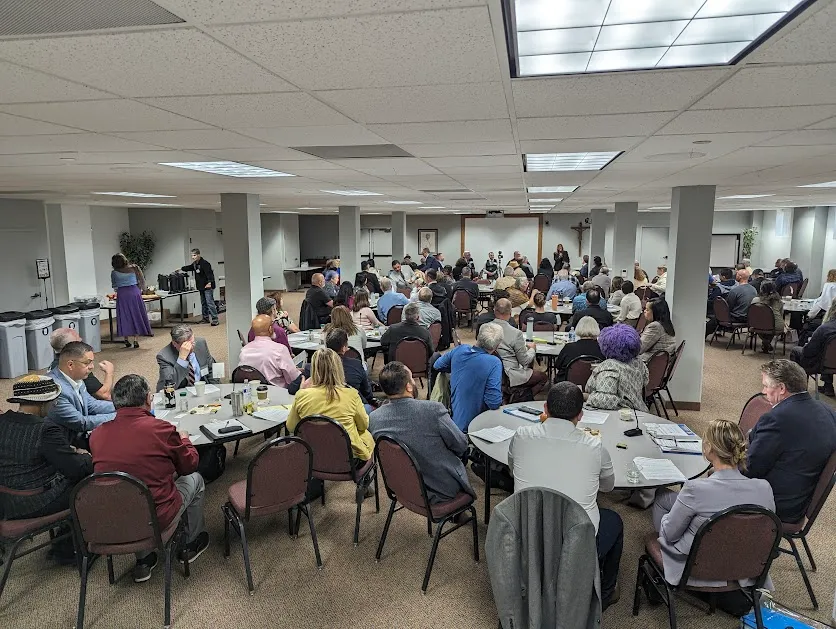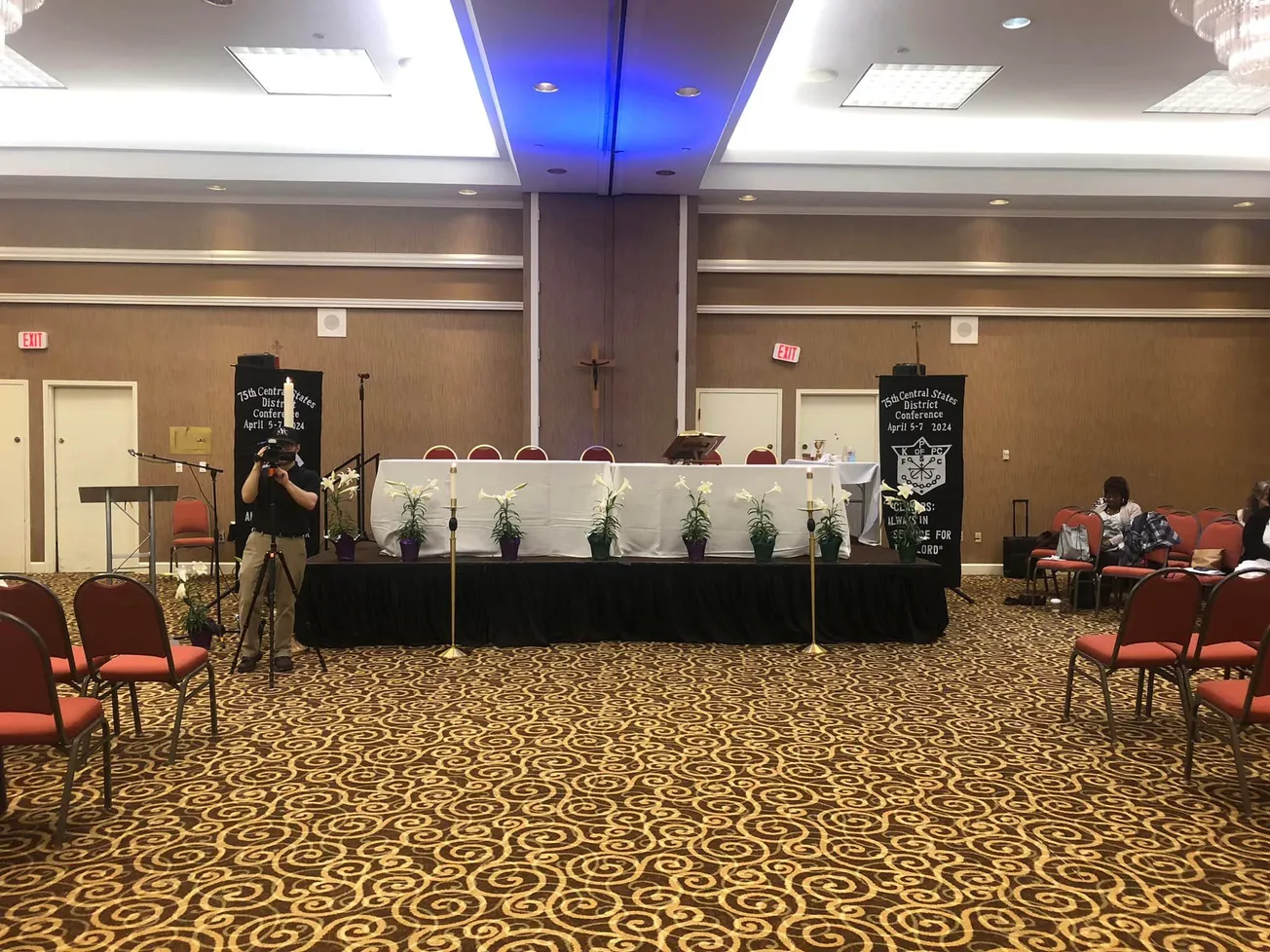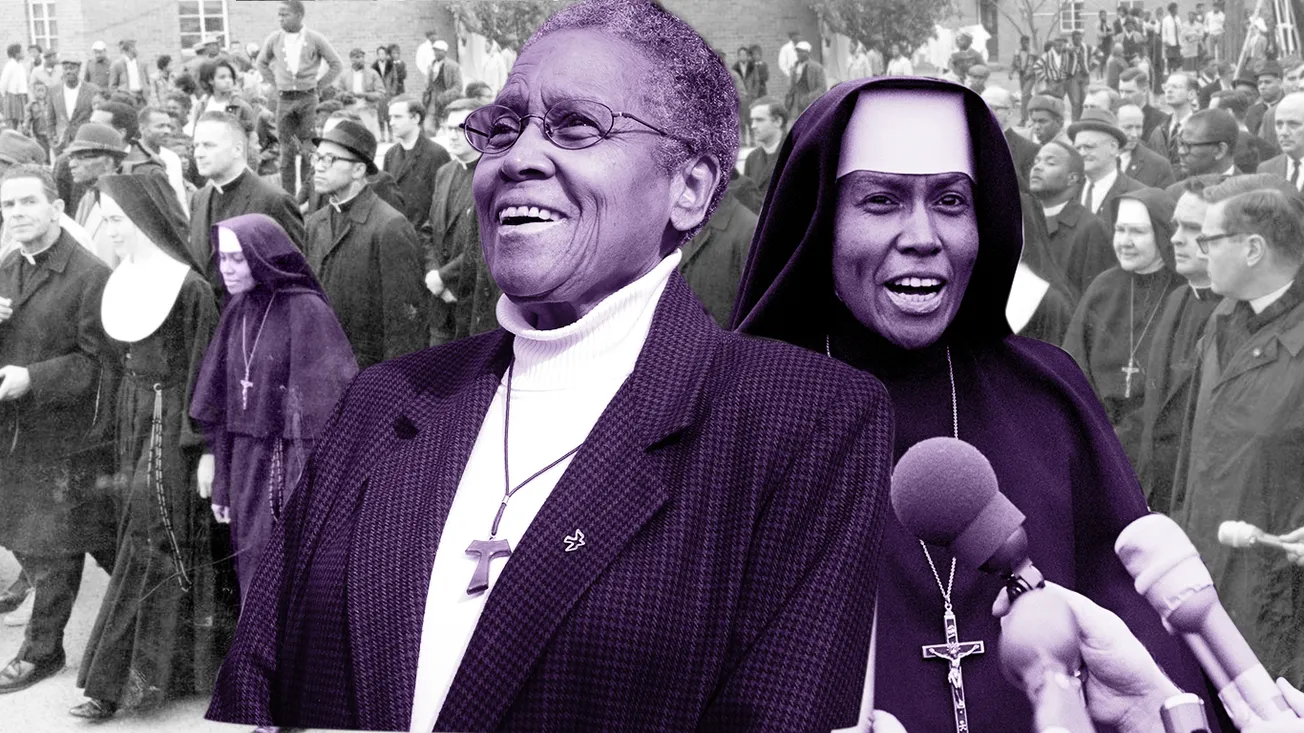SAN FRANCISCO — Themes of honesty, harm, and healing were front and center on March 11 at the Commonwealth Club, where the young activist Raquel Willis shared on her new memoir and her journey as a transgender Black woman doing justice work on behalf of her community.
“The Risk It Takes to Bloom: On Life and Liberation” was released in November, and Willis has since been touring the country speaking on her experiences and the fight for a more inclusive ideal of womanhood and liberation.
The livestreamed event in the Bay Area was something of a homecoming for Willis, who, though raised as a Black Catholic in Georgia, lived in Oakland for several years while working for the Transgender Law Center.
Willis is perhaps best known for her speech at the 2017 Women’s March in Washington, where she called her own feminist community to account for their marginalization of trans women such as herself. Infamously, her mic was cut off during her remarks.
“While the world, in a lot of ways, saw [the march] as this high point of intersectionality and justice and the masses mobilizing, as an individual I left feeling diminished in that silence,” she said in San Francisco, in conversation with moderator Michelle Meow and Women’s Foundation California CEO Bia Vieira.
Willis expressed that in the moment, she felt solidarity with the experiences of minority women in the past who faced a “similar type of silencing.” Among them was a fellow Black Catholic in Marsha P. Johnson, considered a transgender pioneer and who died under mysterious circumstances in New York in 1992.
“So how far have we really come?” Willis asked the crowd. “But what I also felt was that I no longer wanted to rely on cis people, or White people, or whoever to give me the platform to tell my story. I wanted to be able to do that myself. ‘The Risk It Takes to Bloom’ is the evidence of that.”
Willis also touched on the growing animosity toward LGBTQ+ people in America, where religious and secular policies—including in Catholic churches and diocesan schools—have targeted the demographic in ways seen as punitive and exclusionary.
The uptick in pushback, which Willis compared to the concurrent blowback against DEI initiatives writ large, is said to be in some ways a result of the long-sought increase in LGBTQ+ representation in society and culture.
“There’s that double-edged sword of visibility,” she said. ”But it’s a reminder that visibility is not enough. Beyond making sure that folks on the margins are seen, how are we tangibly invested in their lives and in their rights to bodily autonomy or self-determination or sovereignty or the pursuit of fulfillment, the pursuit of a full life?”
Anti-trans violence, which President Joe Biden called an “epidemic” in a proclamation for the Transgender Day of Visibility last week, was spoken of by Willis as often not prioritized in progressive (and even queer) spaces—which have a long history of sidelining trans activists.
The Human Rights Campaign reports that already half a dozen trans people have died due to or connected with violence as of March 2024.
“I struggle with this idea that we fight for all these rights and different kinds of things, but we ignore literally that people's lives are being taken,” Willis said, noting that the suicides of Leelah Alcorn and Black Brockington in 2014 and 2015 inspired her to publicly come out as queer and, eventually, trans. She spoke of the issue of murders as paramount.
“If your life is taken, you can't even enjoy the protections that we're supposedly fighting for collectively as a movement. And that gets at Black trans folks’, Latinx trans folks’ murders being deprioritized.”
The risk of living as an out transgender person, Willis says, was ultimately for her a choice between secrecy and self-love. This comes through in the title of her book, inspired by an Elizabeth Appell poem later remixed by Alicia Keys in 2009.
“There's so much risk so many of us in queer life and queer community take just for the simple things. Just to be regarded in the right way. Just to be labeled in the right way. Just to be addressed in the right way,” Willis said, calling “The Risk It Takes to Bloom” a testament to self-exploration.
“We have to take the risk to see if there's something better than what we're doing right now. And I've found that more often than not, you won't fail… For me, it's shattering expectations, and I think we all can live with a lot more of that in our lives.”
Nate Tinner-Williams is co-founder and editor of Black Catholic Messenger.








